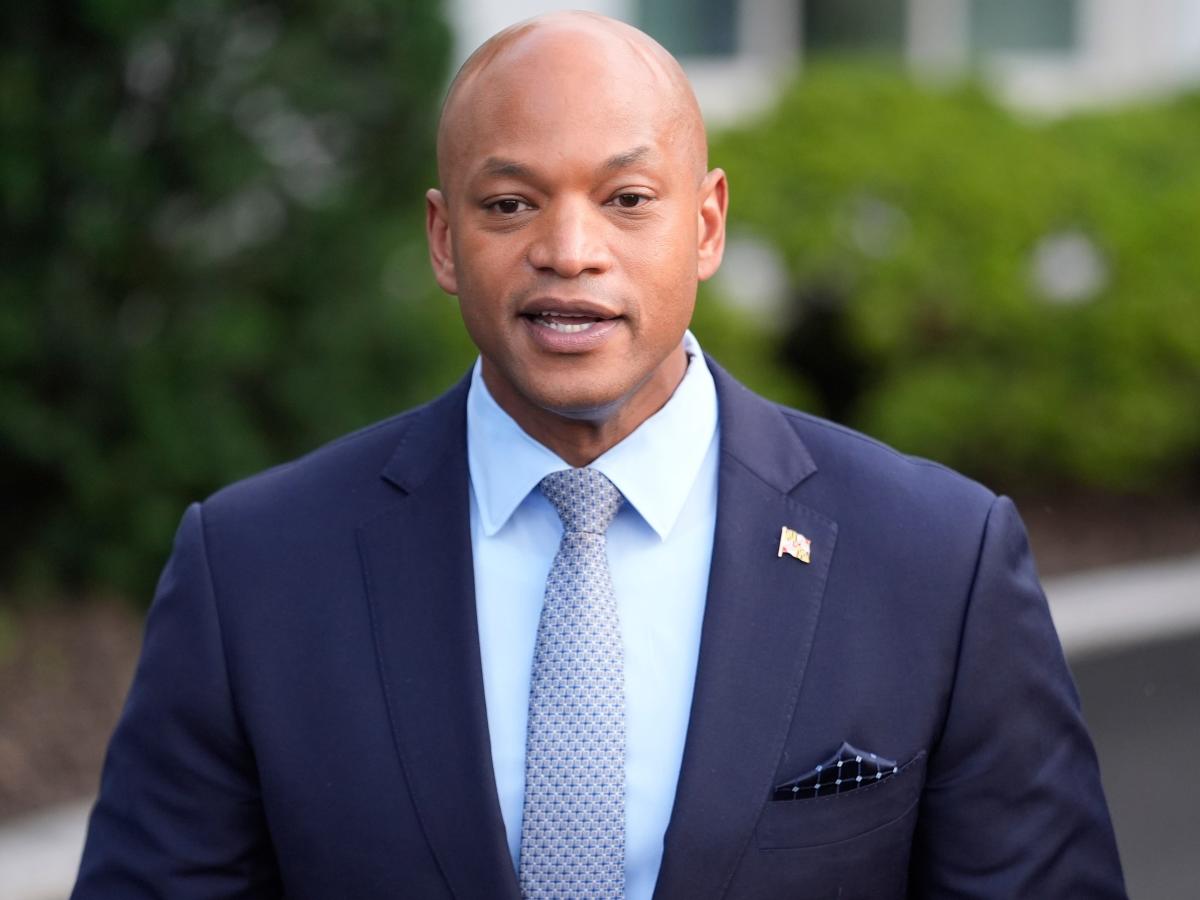SAN FRANCISCO — In an increasingly divisive political climate, Becka Robbins is focusing on what she does best: books.
Operating out of a small room in Fabulosa Books in San Francisco’s Castro District, one of the oldest gay neighborhoods in the United States, Robbins uses customer donations to ship boxes of books across the country to groups that want them.
In an effort she calls “Books Not Bans,” she’s sending out titles on queer history, sexuality, romance, and more — many of which are becoming increasingly difficult to obtain in light of a burgeoning movement by conservative advocacy groups and lawmakers to ban them from public schools and libraries.
“The book bans are terrible, the attempted erasure,” Robbins said. She wondered how she could get these books into the hands of the people who need them most.
Haven Daley/AP
Since May of last year, she has been raising money and looking for recipients. Her books have gone to places like a pride center in West Texas and an LGBTQ-friendly high school in Alabama.
Customers are especially excited about helping Robbins send books to states like Florida, Texas and Oklahoma, often writing letters of support to include with the packages. More than 40% of all book bans from July 2022 to June 2023 occurred in Florida, more than in any other state. Texas and Missouri follow behind Florida, according to a report from PEN America, a nonprofit literary advocacy organization.
According to the American Library Association, book bans and attempted bans are at an all-time high. And the efforts now extend to public and school libraries. Because the totals are based on media reports and librarian reports, the association views its figures as snapshots, with many bans not recorded.
According to PEN America’s report, 30% of banned characters include characters of color or discuss race and racism, and 30% have LGBTQ+ characters or themes.
The most significant challenges often come from conservative organizations, such as Moms for Liberty, which have organized bans across the country and called for greater parental supervision of the books available to children.
Moms for Liberty is not anti-LGBTQ+, co-founder Tiffany Justice told the Associated Press. But about 38% of the book challenges that come “directly” from the group have LGBTQ+ themes, according to the library association’s Office for Intellectual Freedom. Justice said Moms for Liberty challenges books because they are sexually explicit, not because they address LGBTQ+ topics.
Topping the list of banned films include Maia Kobabe’s ‘Gender Queer,’ George Johnson’s ‘All Boys Aren’t Blue,’ and Nobel Prize winner Toni Morrison’s ‘The Bluest Eye.’
Robbins said it’s more important than ever to make these types of books available to everyone.
“Fiction teaches us how to dream,” Robbins said. “It teaches us how to connect with people who are not like us, it teaches us how to listen and to emphasize.”
She has shipped 740 books so far, with each box valued at $300 to $400 depending on the title.
At the new Rose Dynasty Center in Lakeland, Florida, books donated by Fabulosa are already on the shelves, said Jason DeShazo, a drag queen known as Momma Ashley Rose, who runs the LGBTQ+ community center.
DeShazo is a family-friendly drag performer and has long hosted drag story times to promote literacy. He uses puppets to address themes such as being kind, dealing with bullies and giving back to the community.
DeShazo hopes to provide a safe space for events, support groups and health clinics, and build a library of banned books.
“I don’t think a person of color should have to look so hard to find a great book about the history of what our black community has gone through,” DeShazo said. “Or for someone who is queer to find a book that represents them.”
Robbins prefers to submit books that focus on queer fiction for young adults and adults. This genre is growing rapidly, as conversations about LGBTQ+ issues are much more prevalent today than they were a decade ago.
“The characters are just like regular kids: regular people who are also gay, but who also fall in love and are happy,” Robbins said.








